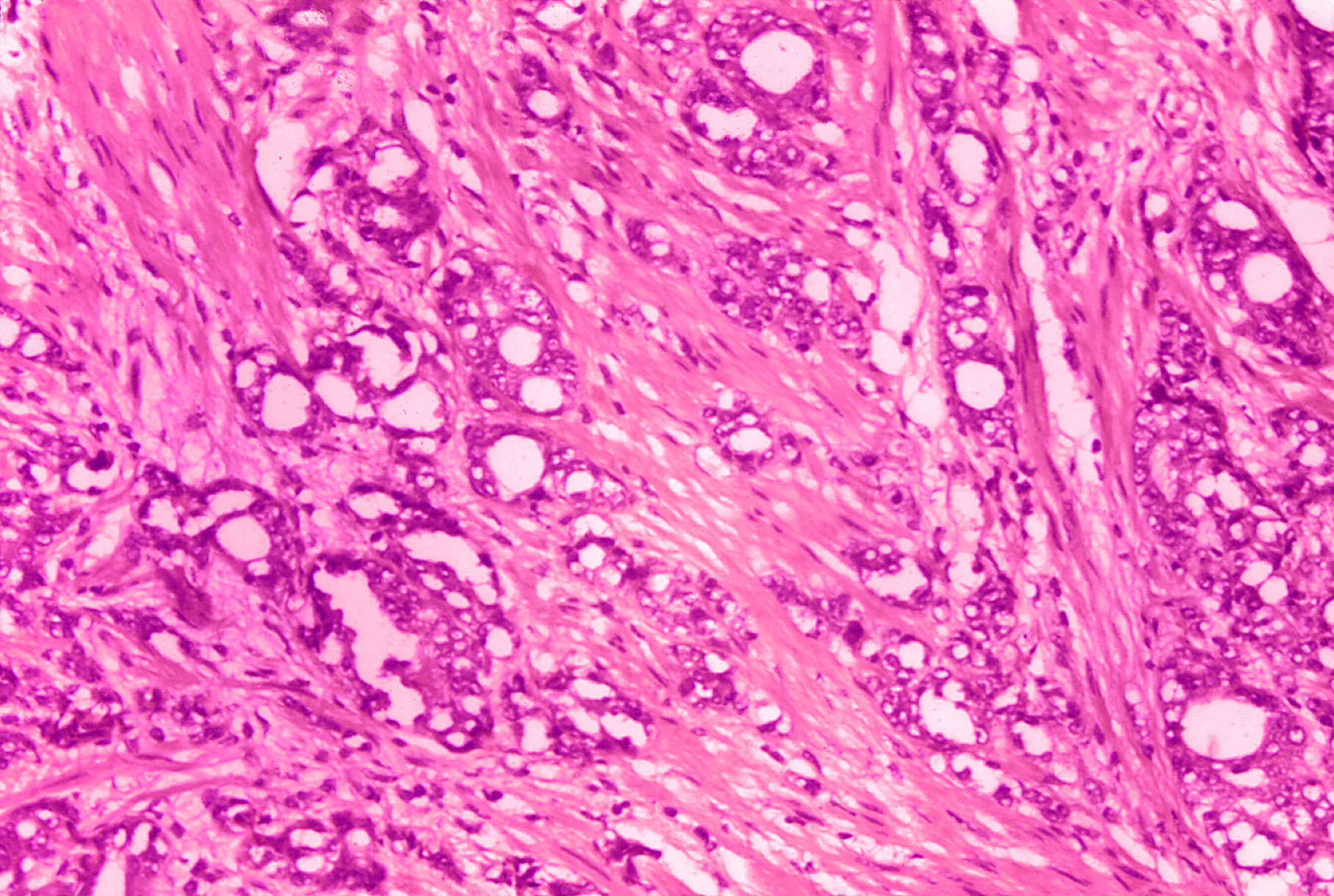
Researchers at Flinders University and the University of South Australia have unveiled a new treatment strategy for aggressive forms of prostate cancer.
The study, published in the British Journal of Cancer, explores a new drug that can tackle drug-resistant prostate cancers that have defied conventional therapies.
Prostate cancer is the most commonly diagnosed cancer in Australian men and kills 3,300 people every year.
READ MORE: Five million people to receive boosted pension payments and rent assistance
The study was led by Flinder University’s Associate Professor Luke Selth, and Professor Shudong Wang from the University of South Australia.
They analysed how a new drug, known as CDKI-73, could target a particular protein called Cyclin-Dependent Kinase 9 (CDK9), which plays a crucial role in the growth and survival of prostate cancer cells.
The new drug could inhibit the protein, which could help overcome the cancer’s resistance to current treatments.
“Our research demonstrates that CDKI-73 potently blocks the growth of prostate cancer, even aggressive subtypes of the disease that are resistant to current treatments,” Associate Professor Selth said.
“Importantly, CDKI-73 targets cancer cells specifically without harming normal cells and its potential as an oral capsule makes it an attractive treatment option.”
The study examined the effects of the drug in several different prostate cancer models, including tumour samples from patients.
READ MORE: Handler mauled by tiger at Dreamworld
Prostate cancer specimens were taken from men undergoing prostate surgery at St Andrew’s Hospital, Adelaide.
This revealed the effectiveness of the inhibitor and provided new insights into its mode of action.
“This study represents a significant step forward in understanding the role of CDK9 in aggressive prostate cancer,” Selth added.
“Having said that, we still need to do a lot more work to fully understand the potential of CDK9 inhibitors and to deliver a new treatment for patients.”
The drug is now in Phase 2 clinical trials in patients with relapsed and therapy-resistant acute myeloid leukaemia, an aggressive blood cancer.
“This study demonstrates that CDKI-73 is a promising candidate for treating solid tumours such as prostate cancer,” Professor Shudong Wang, who developed CDKI-73 said.
“Our proof-of-principle study is an important step towards future clinical trials and these findings will inform future studies in the use and efficacy of CDKI-73 as a prostate cancer treatment,” Wang said.
links to content on ABC
9News





